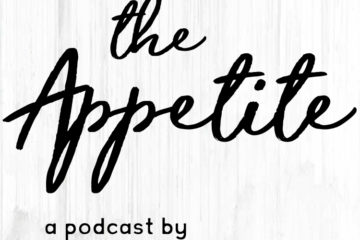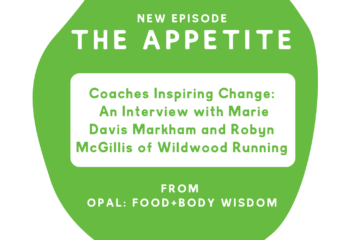In today’s post, one Opal client eloquently reflects on how her eating disorder recovery journey paralleled her experience with learning to tend a garden.
Growing up my mom always loved to garden, but I just didn’t see the point. I hated when she would ask me to help her; dirt and bugs were not my idea of a good time. When I first heard that Opal had a p-patch, a familiar dread came over me. Every time the sign up sheet to tend the garden came around I didn’t even bother to look at it. As I progressed through the program and realized that I needed to fill my evenings with more structure, I hesitantly decided to sign up to water the garden a few nights a week. Even though I initially resisted my trips to the garden, it eventually became an event I looked forward to. My time in the Opal garden taught me a lot about recovery, and has helped me in my journey towards it.

My first few trips to the p-patch were overwhelming and reminiscent of starting down the path towards recovery. I knew as little about taking care of myself as I did about taking care of a garden. Having to navigate a whole new terrain was not easy, everything needed attention and I didn’t know where to start. I couldn’t tell the weeds from plants, just like I couldn’t tell the eating disorder from myself. I didn’t realize that getting the garden to flourish would be so much work. I had hoped a one-time overhaul would be enough, but I should know by now there is no such thing as a “quick fix.” Just like recovery, taking care of the p-patch was a daily commitment. I learned to take care of the garden from scratch, much of which came through practice. The more I learned about gardening, the more tools I had to deal with whatever came my way.
One day on my trip to the garden, I noticed the weeds I had pulled a week prior were back. I was so frustrated; it felt like I spent all that time for nothing. As I knelt down to start pulling out the weeds again, I realized it was much easier this time because the roots hadn’t had enough time to grow deep into the soil. Some of the weeds did prove to be a challenge, but I realized they were the ones that I had pulled where the root broke before it all came out. So for those I had to go on a digging expedition, to literally get to the root of it. As I kept thinking about these dreadful weeds, I realized that they are very much like my eating disorder and all the issues surrounding it.
The leaves are the eating disorder and are what everyone can see, but the source of why it has become a coping mechanism lies beneath. For me, many of these origins are buried so deep that even when I thought I’d dealt with it, it showed up later. When this happened, I realized that maybe I’d only scratched the surface, maybe I’d only cut off the leaves and part of the root, and there was more to work on. Even though I’ve been able to get rid of a lot of the weeds in my life, I still live in a world that is bombarded by body image propaganda. If I’m not mindful, those weeds can come back and start to grow again ever so slyly. Fortunately, if I can acknowledge it early, it won’t be as nearly hard to deal with.
Despite my initial resistance, I am so grateful for the Opal garden. This year as we replanted the garden, I have had many more reflective moments like the ones above. I am in awe of the garden’s resilience and ability to continue to grow, despite numerous challenging conditions. It reminds me that I can continue to thrive despite obstacles that arise. The garden will always need to be cared for and so will I.
We’re grateful for this courageous woman’s willingness to tell her story! How do you see yourself in this story? What are your “weeds” and what are your “roots?”


